Interview with Waad Tarman - Emerging Engineer
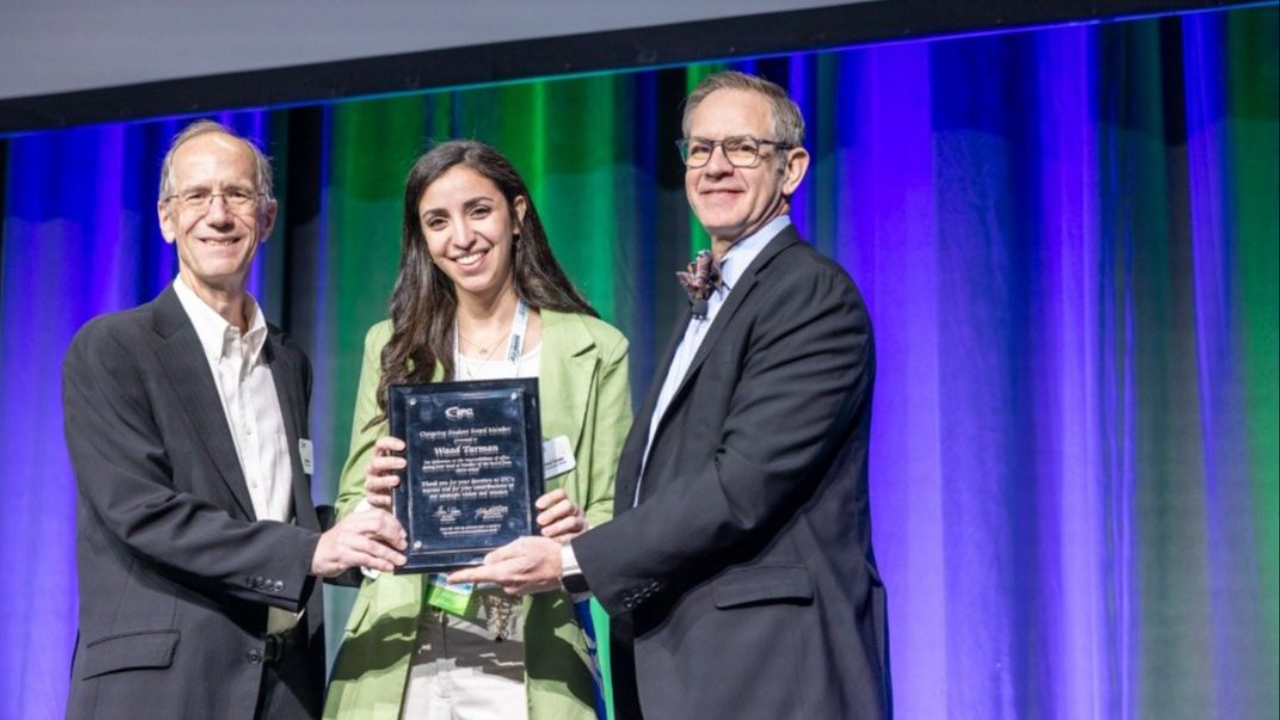
IPC APEX EXPO 2025, North America's premier electronics industry event, brought together innovators, experts, and emerging talent for a dynamic week of discovery, education, and connection. From an expansive trade show to professional development courses led by industry leaders, the event served as a hub for knowledge sharing and career growth.
Among the many programs offered, the IPC Emerging Engineer program stood out as a key opportunity for students eager to launch their careers in electronics. This year, the IPC Education Foundation proudly supported four exceptional students to participate in the program—giving them access to invaluable mentorship, hands-on learning, and a front-row seat to the industry's future.
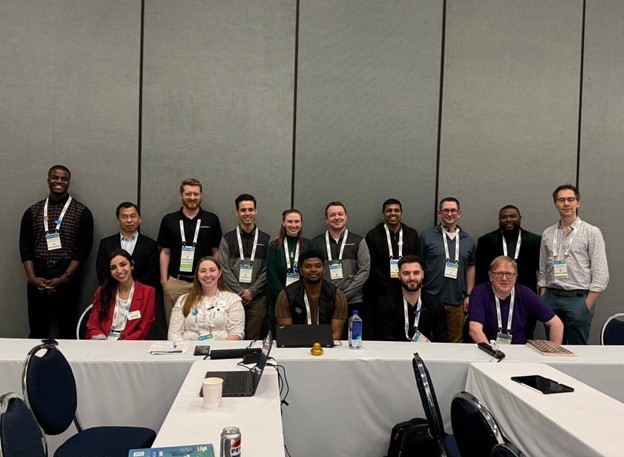
To gain insight into the experience, Charlene Gunter, Senior Director of the IPC Education Foundation, sat down with the student participants. In these conversations, she explored the impact of the program, their professional goals, and how this unique opportunity is shaping the next generation of industry leaders.
Charlene: “Waad, please share a little background on yourself.”
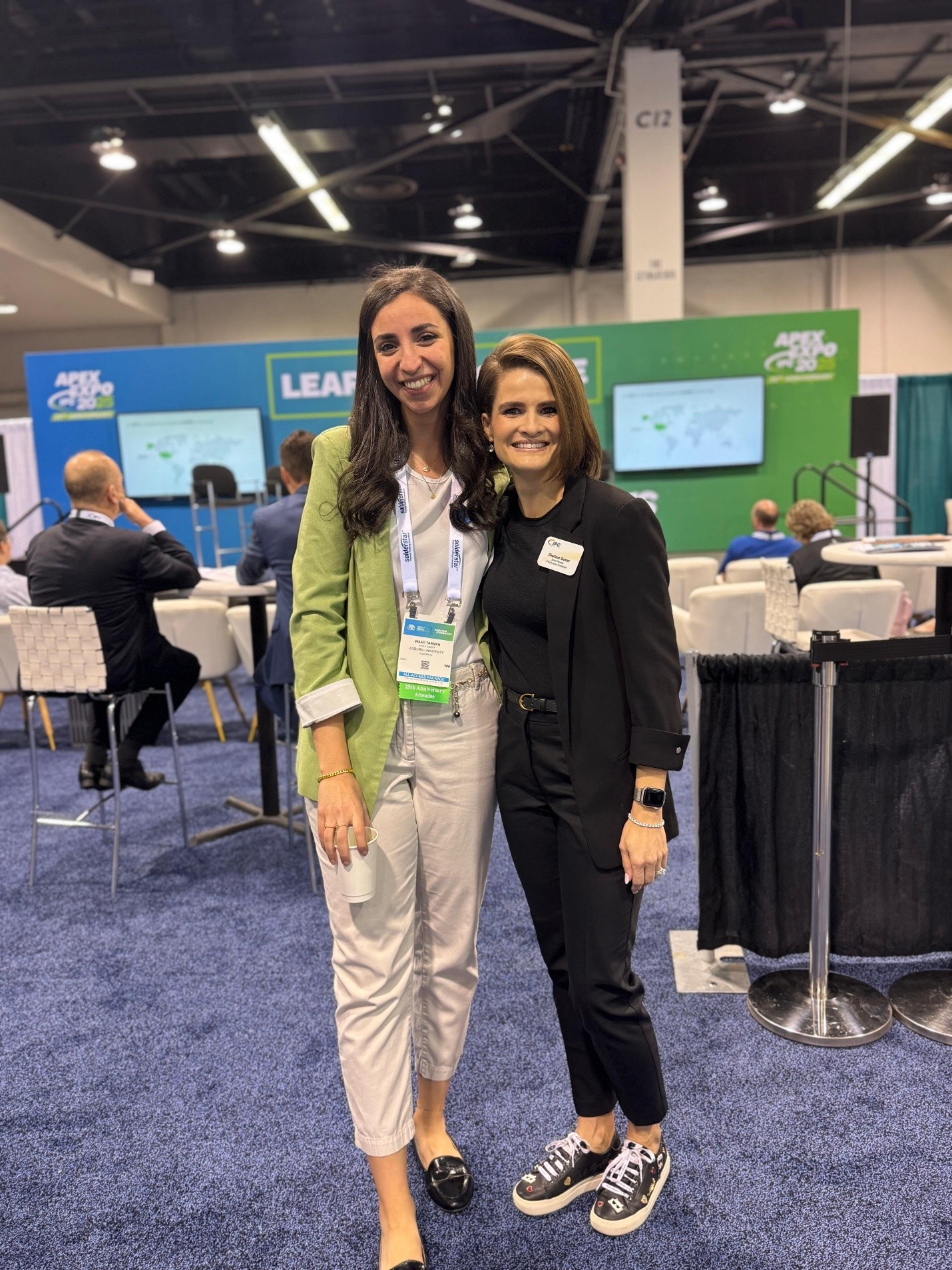
Waad: “My name is Waad Tarman, and I’m a third-year Ph.D. student in the Industrial and Systems Engineering Department at Auburn University, specializing in electronics manufacturing and reliability. Originally from Jordan, I moved to the U.S. to pursue graduate studies and recently completed my master’s at Auburn. I’ve been actively involved in IPC through the Student Board and served as the President of the IPC Student Chapter at Auburn. I’m passionate about advancing the reliability of solder joints in electronics and engaging students in this vital field.”
Charlene: “Briefly explain why you were interested in the Emerging Engineer Program?”
Waad: “I was drawn to the Emerging Engineer Program because it bridges the gap between academic research and industry application. It offered a unique opportunity to connect with leaders in the field, gain exposure to current challenges in electronics manufacturing, and explore potential career directions.”
Charlene: “What were the most valuable aspects of the Emerging Engineer Program?”
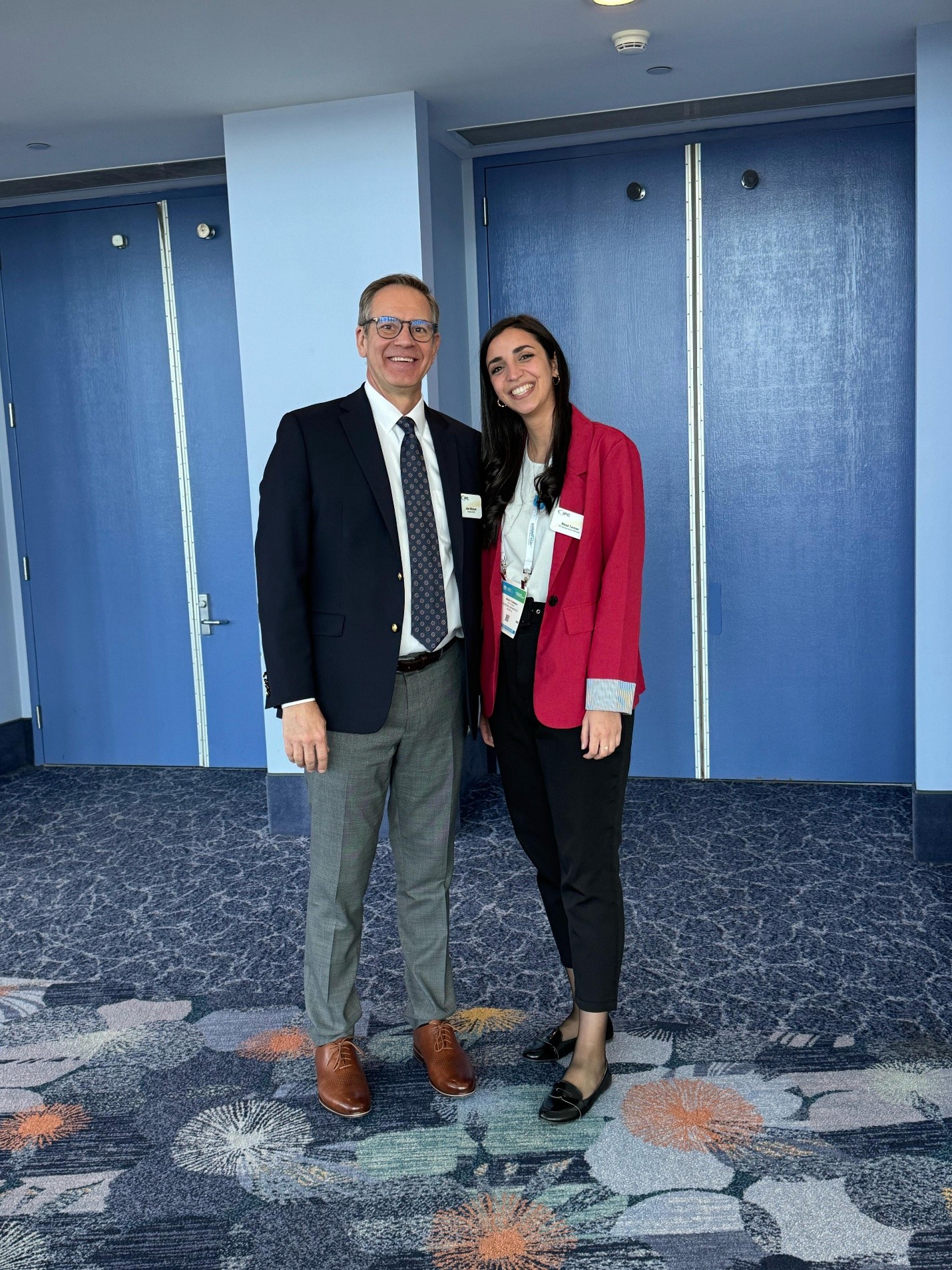
Waad: “The mentorship. Having access to experienced professionals who are open to sharing advice, insights, and real-world experiences is incredibly impactful. It gave me a clearer understanding of where I can contribute as an early-career engineer.”
Charlene: “Why is this important within our industry?”
Waad: “The electronics industry is constantly evolving, and we need new engineers who understand both the technical and practical sides of manufacturing. Programs like this empower students and recent graduates to step into that space with confidence and direction.”
Charlene: “What are your next steps in terms of professional growth and/or career aspirations?”
Waad: “After completing my Ph.D., I hope to work in R&D within the electronics manufacturing industry, ideally in a role that combines reliability testing, materials engineering, and product innovation. I’m also committed to continuing mentorship and outreach efforts that support students pursuing similar paths.”
Charlene: “Why would you recommend students to consider career paths in electronics manufacturing?”
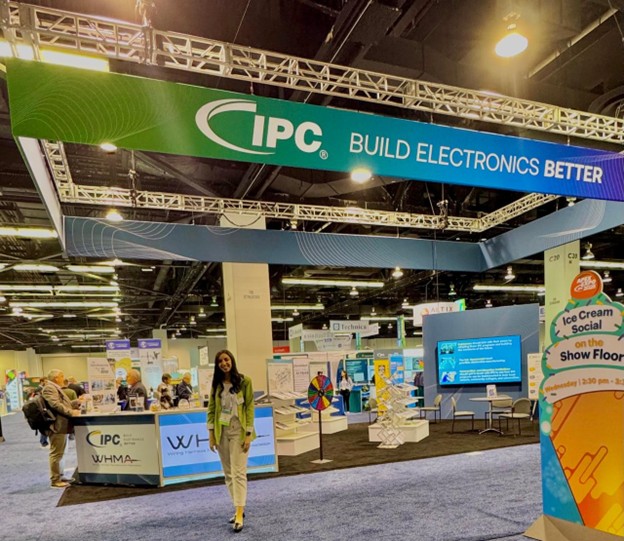
Waad: “It’s a dynamic field with global impact—every device we rely on depends on strong manufacturing practices. It offers room for innovation, problem-solving, and real-world contributions that shape the future of technology.”
Charlene: “What has been the highlight of the IPC APEX EXPO?”
Waad: “The most unforgettable moment was being called to the stage and recognized as the outgoing IPC Student Board Member. Standing there in front of such an accomplished and supportive community was incredibly meaningful. It wasn’t just an award—it was a reminder of the impact student voices can have in shaping the future of our industry. That moment will stay with me for a long time.”
Charlene: “Please share three new things you’ve learned during the time at IPC APEX EXPO?”
Waad: “The depth of collaboration between industry and academia in advancing materials and processes. The importance of standards and how they drive product quality and consistency. Real-world insights into the challenges of transitioning to new technologies, like lead-free soldering and sustainability initiatives.”
Charlene: “Please share a few sentences what this experience meant to you personally?”
Waad: “Incredibly affirming. It helped me see the value of my work through the lens of industry impact, and it gave me renewed motivation to keep learning and contributing. More than anything, it made me feel like I belong in this space—that there’s a place for students like me who care deeply about both research and community.”

